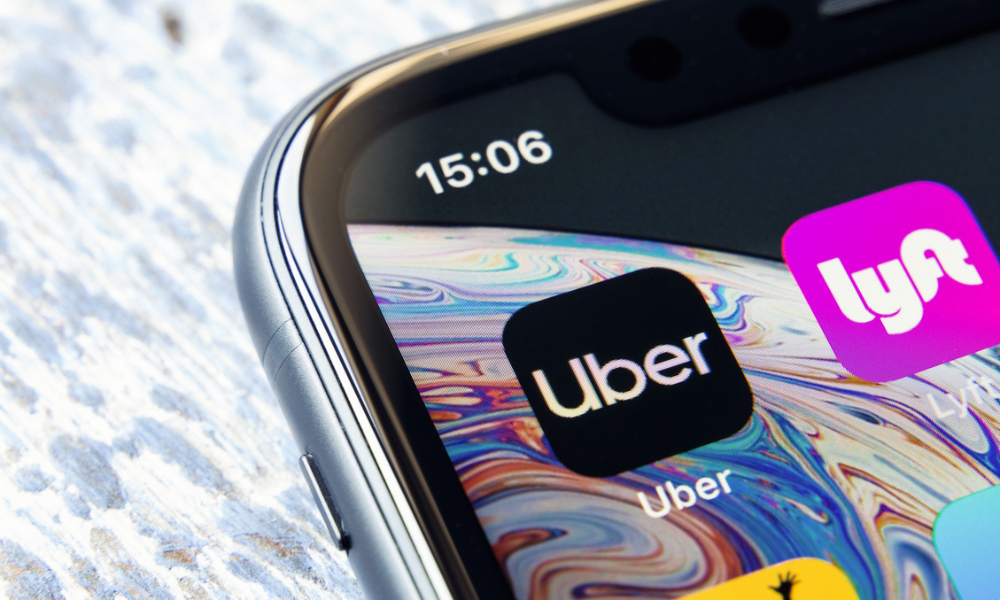
Uber NZ 'hopeful' for reversal of landmark decision

Uber New Zealand went to court on Tuesday to appeal a landmark ruling in 2022 that declared four drivers of the ride-hailing platform as employees and not contractors.
Paul Wicks, Uber's lawyer, told the Court of Appeals that the Employer Court's ruling in 2022 was flawed, and was based on the assumption of vulnerability on the part of the driver, Radio New Zealand reported.
According to Wicks, the drivers' roles were more similar to contracting, citing the high degree of autonomy, decision about hours, and the freedom to accept or decline work.
Wicks also cited how the drivers have the ability to work elsewhere and increase their earnings by taking on additional work, according to the RNZ report.
Peter Cranney, lawyer for the respondent, described the drivers' contracts as "extremely difficult and complicated documents."
Cranney said the difficulty to comprehend the clauses in the document appeared to be done on purpose to "obscure the legal reality of them," RNZ reported.
Outside the court, drivers held a rally outside the Court of Appeal to express support to the Uber drivers amid the legal battle.
Rachel Mackintosh, acting president of NZ Council of Trade Unions, said drivers should be supported in their fight against a company that is "trampling on their legal employment rights."
"This case is relevant not only to gig or platform workers, but to all working people. All workers who have been misclassified as contractors have the right to test their employment status in court, and it should worry us all that this government is threatening to take that right away," Mackintosh said in a statement.
"The difference between a contractor and employee is one of substance. The Uber drivers who are at the heart of this case are, in substance, employees. They are not independent contractors; they have no ability to bargain contracts and are significantly under the control of the platform provider, who dictates their pay and punishes them if they try and take control of their hours."
Meanwhile, Uber NZ general manager Emma Foley said they are "hopeful" the court will reverse the 2022 decision.
According to Foley, the decision attempts to "shoehorn independent contractors into traditional employment and threatens the autonomy we know Uber drivers and delivery people truly value."
"The current ruling has created significant uncertainty for workers and businesses who rely on contracting arrangements," she told HRD in a statement.
Foley said 90% of their drivers and delivery people would not keep earning with Uber if their current work flexibility would be removed.
"Flexibility and choice are hallmarks of today's modern workforce, and Kiwis deserve certainty when it comes to the type of work they choose to do," the general manager said.
In the statement, she also urged Parliament to clarify contractor arrangements.
"We believe Parliament should make clear that contractor arrangements – where people have genuine flexibility and are also free to work for other companies, including competitors – are an important feature of the New Zealand employment landscape in the twenty-first century," Foley said.
Workplace Relations and Safety Minister Brooke van Velden previously said she has begun asking officials for advice on policy options to boost certainty in contracting relationships.
"This government wishes to ensure businesses and workers who explicitly agree to a contracting arrangement have certainty about the nature of that relationship," van Velden said last week.
"I want to achieve certainty for contracting parties, so that their intent when entering into a contract for services is upheld."